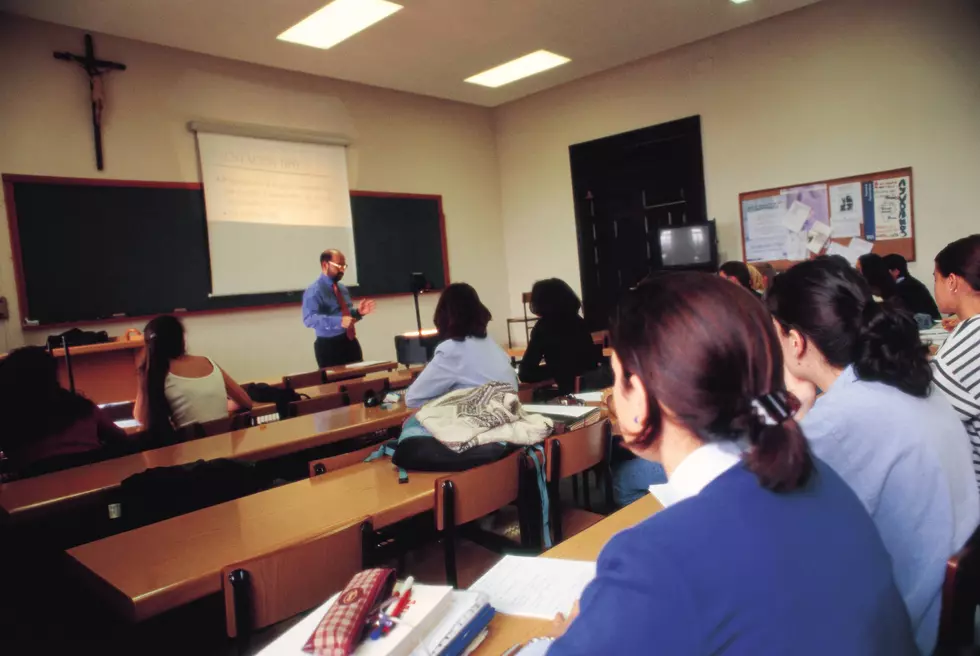Assembly panel approves college affordability, accessibility bills
On Thursday, the Assembly Higher Education Committee approved seven pieces of legislation included in a 20-bill package aimed at making college more accessible and affordable in New Jersey.
One of the measures would direct the Secretary of Higher Education to study the need for, as well as the cost and quality of, online courses compared to traditional classroom courses offered by colleges and universities.
"Theoretically, you would think that an online course would be much more cost-effective for the school, but I don't know," said Assemblywoman Celeste Riley (D-Salem), co-sponsor of the bill and chairperson of the higher education panel. "There's apparently two schools of thought out there right now that say it costs much more to do an online course versus some people saying it's not costing as much."
Other things the bill requires officials to study include:
- a list of the specific online courses made available by each institution of higher education;
- the overall number and percentage of part-time and full-time students who enroll in at least one online course at each institution;
- the total amount of savings generated from offering online courses compared to classroom-based courses realized by each institution in an academic year.
"I want to make college more accessible, but also more affordable, and if we can offer online courses to students and save them money I think that's a win-win for everybody," Riley said. "I want to know, is it really worth the same tuition dollars per credit as an on-campus course?"
The other bills approved by Riley's committee would:
- require independent colleges, like public colleges, to report certain consumer information on their websites;
- require county colleges to develop a plan to achieve a three-year graduation rate of at least 33 percent for full-time degree program students by the 2019-2020 academic year;
- prohibit four-year public and independent institutions of higher education from requiring students to purchase meal plans, and permit the institutions to only offer meal plans in the form of a spending allowance;
- require the closure of a four-year public institution of higher education that fails to achieve a six-year graduation rate of at least 50 percent for full-time undergraduate students;
- require the State Auditor to conduct an audit of the fees charged by public institutions of higher education;
- require certain undergraduate students to file a degree plan and require public institutions of higher education to develop a pathway system to graduation.
More From New Jersey 101.5 FM







![Can NJ Colleges Be More Affordable? [AUDIO]](http://townsquare.media/site/385/files/2014/04/1537356.jpg?w=980&q=75)
![Is the Purpose of Going to College to Hook Up or Get a Career [POLL]](http://townsquare.media/site/385/files/2013/04/Rutgers-300x200.jpg?w=980&q=75)
